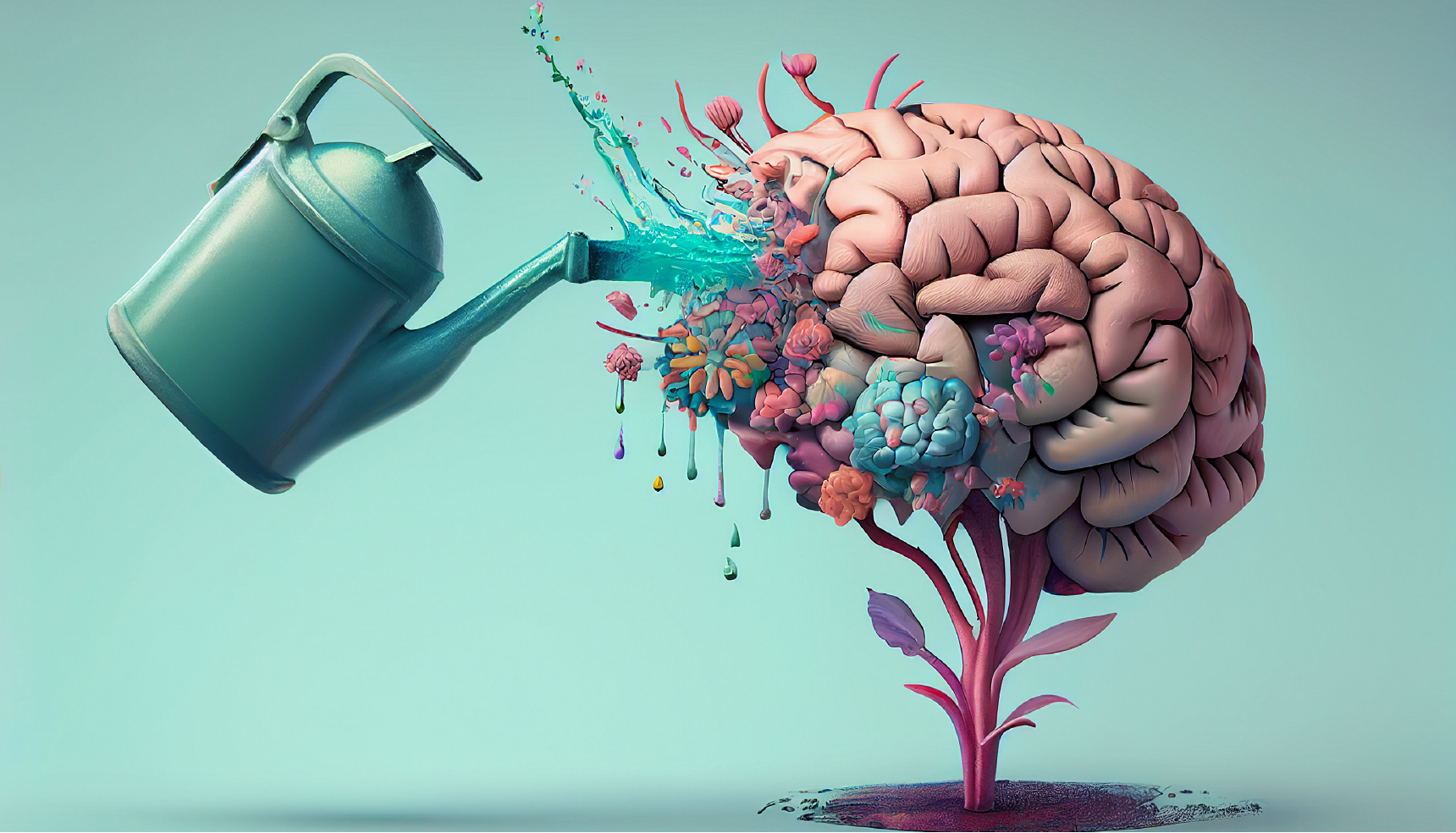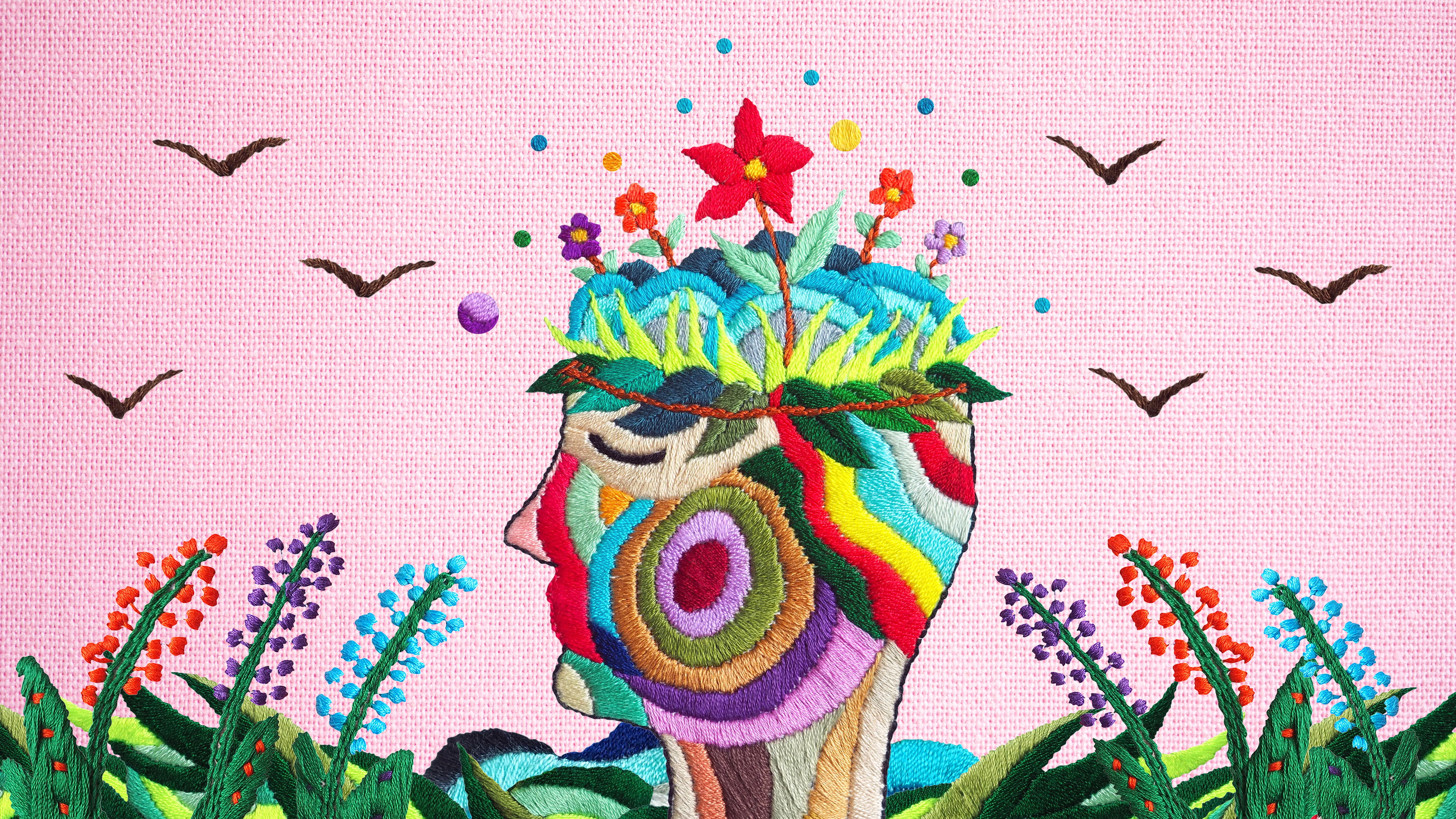Unlocking Hope: Exploring Psychedelics Research for Anxiety, Depression, and Alcohol Use Disorder
Welcome to our dynamic blog, where we delve into the exciting and rapidly evolving field of psychedelics research. In recent years, scientific investigations into the therapeutic potential of psychedelics have gained significant traction. Today, we focus on four specific diagnoses: anxiety, treatment-resistant depression, depression, and alcohol use disorder. Join us as we explore the latest breakthroughs in psychedelics research and their potential for transforming mental health treatment.


.png)
.png)
.png)

.png)



.png)